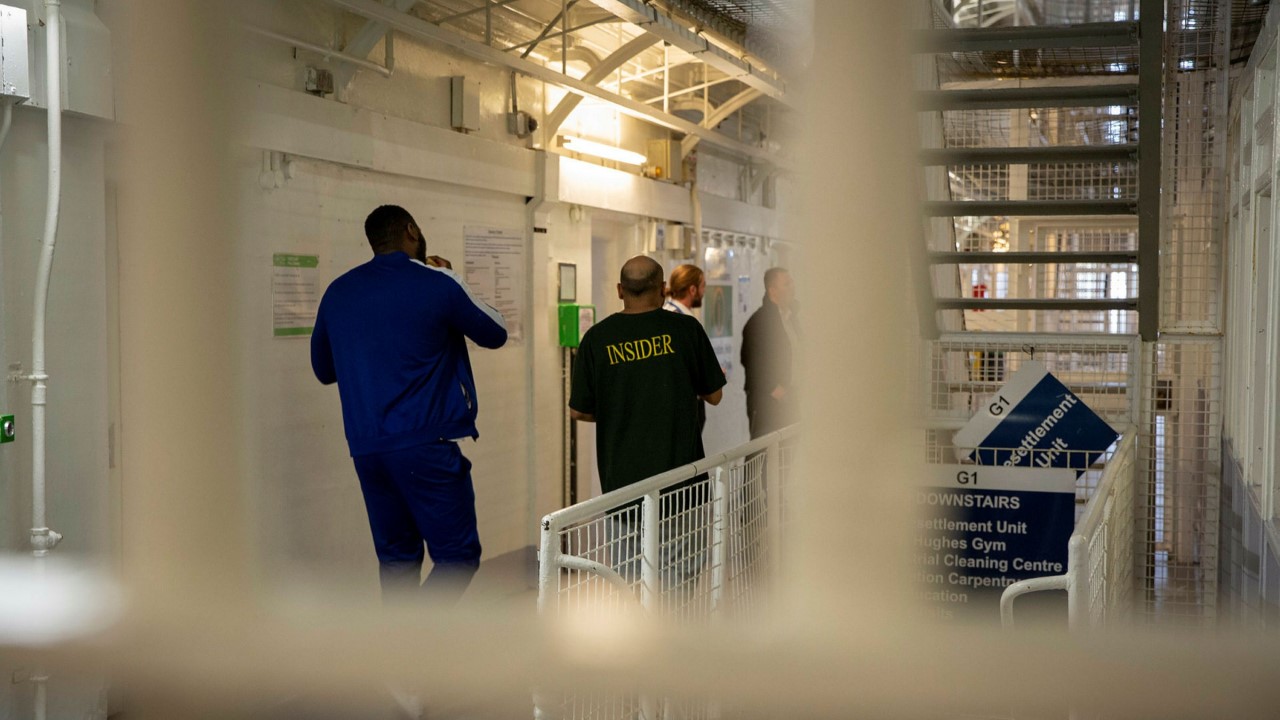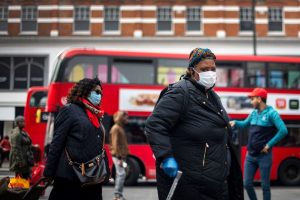UK prisons are unkempt and virus cases go unreported
In dealing with the crisis that is the Covid-19 pandemic, our government’s rhetoric has been one of unity and cooperation, both during and at the easing of lockdown measures. In the spirit of compassion we have been encouraged to look out for our communities, and we have come together to protect those vulnerable to the virus, along with the psychological exhaustion which accompanies isolation.
However – one part of our community has been largely forgotten. Nearly 80,000 individuals are incarcerated in prisons in the UK, living in close proximity to each other and sharing limited facilities in contained environments. These conditions present an ideal breeding ground for the virus to spread. This is a situation exacerbated by the overcrowding which is rife in our jails where there is space for a little over 75,000 prisoners.
Despite this, the neglect of this population’s care during the pandemic is not measured in infections or deaths. While it has been reported by the Nuffield Trust that the rates of confirmed cases have been higher for prisoners, as opposed to the general population of England and Wales across all age brackets, the number of infections has been low.
As of late August, there was only 560 cases of coronavirus in prisons that had been reported. It is instead, the manner in which the government has prevented the spread of the virus in prisons, which constitutes a shameful disregard for the well-being of prisoners.
The European Court of Human Rights, the legal system which is separate to the EU but still bound to the UK, presents a number of guidelines for the treatment of prisoners. Included amongst them, is the protection of convicted individuals from harm, which goes beyond what is reasonably expected by a legally ordained court order, and neither is it a flippant liberal inclusion. Indeed, if we as a population (represented in law by laws, by jury and by judges) have agreed upon a legally dispensed form of justice, it is our civic duty to ensure that justice is upheld correctly.
If we are to define the parameters of a punishment after the convicted is considered to have “paid their dues”; then we cannot move the goal posts and subject individuals to further harm. The reality, however, is that it is so often easier to forget the prison population, regardless of context, than it is to uphold the duty of care we have towards them. It is this abstraction of the plight of our fellows, which has allowed the statistical success of how the coronavirus has been handled in prisons, to be lauded despite the brutal means of its achievement.
As of March, families were unable to visit their relatives in prison due to the restrictions. Although some prisons began limited visits in mid-July, for many, four months without contact with their relatives is a devastating blow to their rehabilitative process and mental health. When we consider family visitations, we may be tempted to imagine a hardened criminal beyond salvation, but we must remember the difficulties faced by them and their families.
The Guardian had previously reported that one 16-month old baby had no visual or physical contact with their father for the entire four months. This is an oversight that is damaging to both their developments. This is one of many such instances, and lawyers pursuing legal action against the government have emphasised how these constitute a flagrant breach of both children’s’, and offenders’ rights.
Additionally, conditions inside prisons have worsened during the pandemic. Strict lockdown measures have resulted in many prisoners being locked in their cell for 23 hours a day, unable to attend work or education opportunities so vital to their rehabilitation.
Furthermore, in some prisons, it has been reported by chief inspector Peter Clarke that prisoners presenting symptoms for coronavirus were locked in their cells for up to two weeks without the ability to exercise or even shower. These conditions are reflective of solitary confinement, a punishment which numerous studies have shown to be extremely deleterious to prisoners.
With instances of self-harm and suicide in prisons increasing year after year, the fallout for the mental health of this population as a result of these restrictions, could be catastrophic. At the end of April, the Guardian reported that self-harm in English and Welsh prisons was 14% higher than last year, commenting that Frances Cook, chief executive of the Howard League for Penal Reform, predicting that this will increase further due to the restrictive regimes in place in order to tackle the coronavirus.
How then, did this wholesale abandonment of our commitments to prisoners’ rights occur? Unlike the general population, these incarcerated individuals are a group over which authorities have absolute corporeal power. Their movements and behaviours are entirely controlled by the actions of government. Whilst we might take risks and have the luxury to reasonably petition for the maintenance of our liberty, in exchange for some security in the face of the virus, prisoners have no such voice.
Whether knowingly or unknowingly, the government has failed in its legal obligations toward prisoners in its pursuit of favourable statistics. The easiest route towards these desired statistics has been taken, for no reason other than that they could.
Despite commitments to their rights, when the ship was sinking, prisoners were the first to be thrown overboard. Should we continue to ignore the plight of these people? Their successful rehabilitation and integration back into society is made impossible. In making redemption impossible, we are complicit in the reoffending of the unredeemable.
As the threat of a second wave of restrictions is looming, we must all take a moment to consider the wellbeing of those that are too easy to disregard. We must decide whether we are a society which abandons groups simply because we can, or if we are a society which is willing to put in the effort to be better and to help our fellows be better.



